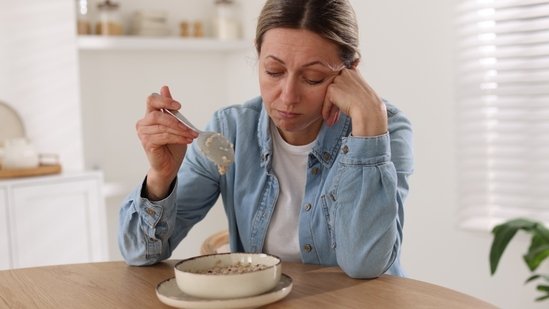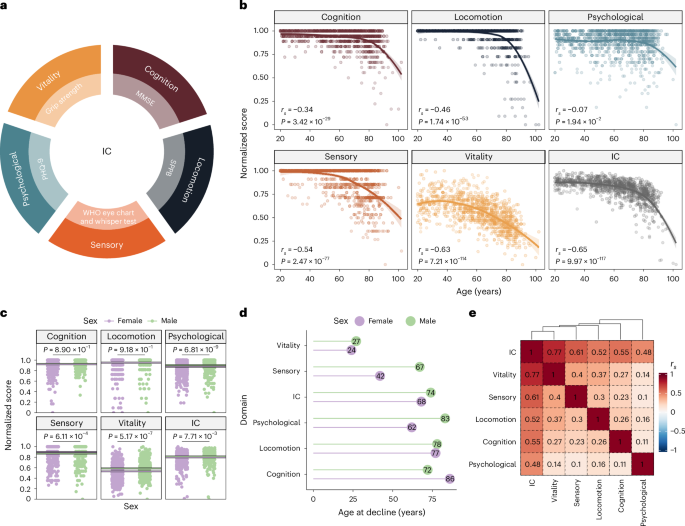Experts have identified a diet that could slash dementia risk by up to 25 per cent

It’s not too late to start eating better for your brain, new research suggests.
A new study found that the benefits of a “brain-healthy” diet were seen similarly among younger and older groups, suggesting that “it is never too late” to eat healthier and help to protect against dementia.
Researchers found that over-45s who followed the “MIND diet” were less likely to develop Alzheimer’s disease and other forms of dementia than those who ate other healthy meals.
The diet, which stands for Mediterranean-DASH Intervention for Neurodegenerative Delay, combines the popular Mediterranean diet with the blood pressure-lowering DASH (Dietary Approaches to Stop Hypertension).

The Mediterranean diet is rich in olive oil, fish and fibre from fruit and vegetables. It is inspired by the traditional diets of people living in countries bordering the Mediterranean Sea and has long been studied for its potential health benefits, such as reducing heart disease risk, improving blood sugar control, and slashing diabetes risk.
The DASH diet includes whole grains, low fat dairy and lean meats. It also limits saturated fat, cholesterol, and sodium and is designed to lower high blood pressure and reduce the risk of heart disease.
Experts say the MIND diet had a “stronger and more consistent risk reduction relationship” with dementia than other healthy diets.
Song-Yi Park, PhD, associate professor at the University of Hawaii at Manoa, said: “Our study findings confirm that healthy dietary patterns in mid to late life and their improvement over time may prevent Alzheimer’s and related dementias.
“This suggests that it is never too late to adopt a healthy diet to prevent dementia.”

The researchers looked at health and diet data from nearly 93,000 US adults, starting in the 1990s. Participants were between 45-75 years old at baseline and more than 21,000 people in the study developed Alzheimer’s or related forms of dementia.
Participants who adhered to the MIND diet at the start of the study had a nine per cent lower risk of dementia. Among those who identified as African American, Latino or White, these effects were up to 13 per cent.
The results also showed that people who improved their adherence to MIND over 10 years – including those who didn’t follow the diet closely at first – had a 25 per cent lower risk of dementia compared to those whose adherence declined. This trend was consistent across different ages and racial groups.
Park added: “We found that the protective relationship between a healthy diet and dementia was more pronounced among African Americans, Latinos and Whites, while it was not as apparent among Asian Americans and showed a weaker trend in Native Hawaiians.
“A tailored approach may be needed when evaluating different subpopulations’ diet quality.”
Park will present the findings, which are yet to be peer-reviewed, at NUTRITION 2025, the annual meeting of the American Society for Nutrition held from May 31 to June 3 in Orlando, Florida.







